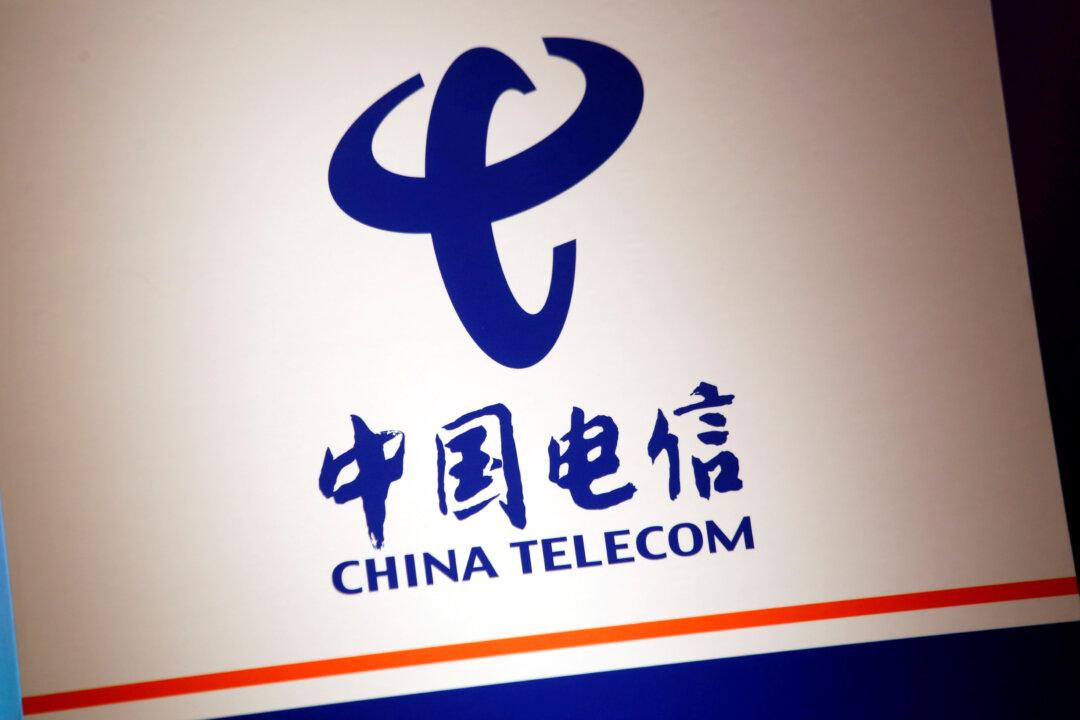News Analysis
The New York Stock Exchange (NYSE) announced on Jan. 6 that it would resume delisting the three Chinese telecom stocks—China Mobile, China Telecom, and China Unicom (Hong Kong)—after saying it would stop doing so on Jan. 4.

The New York Stock Exchange (NYSE) announced on Jan. 6 that it would resume delisting the three Chinese telecom stocks—China Mobile, China Telecom, and China Unicom (Hong Kong)—after saying it would stop doing so on Jan. 4.